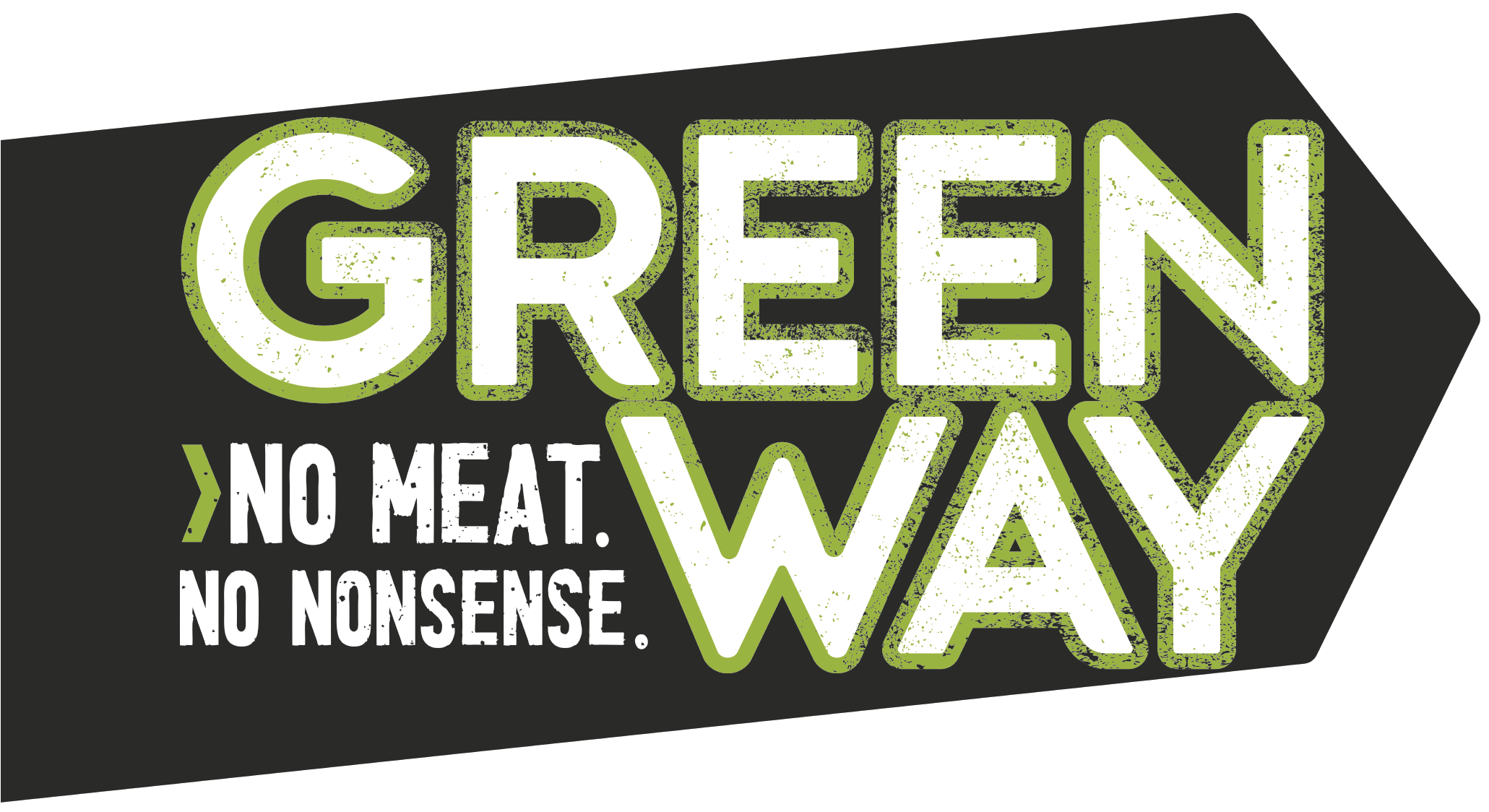Greenway launches
completely
carbon neutral range
For many years, Greenway has been committed to convincing as many consumers as possible of the plant-based kitchen. Not only out of love for animals, but also out of love for Mother Earth, because she has to endure a lot due to the current production processes. These can be done differently, and should be done differently, because there is no planet B. Recently, the entire vegan range of Greenway – from the delicious Greenway Burger to the versatile minced meat – has become 100% CO2 neutral. It’s a dream come true for the entire Greenway team. But how have we made this possible? Read on quick.
“Door te doen wat mogelijk is, maken we het onmogelijke waar”
– Cedric Hanet, partner Greenway
Al van in de beginjaren van Greenway, streven we ernaar om een zo ecologisch verantwoord productieproces in te richten. Wie gewassen teelt, een machine gebruikt of een product transporteert, stoot natuurlijk wel wat CO2 uit, dat kan je niet tegengaan. Wat je wel kan doen, is je productieproces zo gaan inrichten dat je de uitstoot tot een minimum herleidt: lokale productie, weinig bronverspilling, doordachte partnerships… Bij Greenway hebben we over de jaren heen onze productie continu bijgeschaafd opdat onze impact op het klimaat kleiner zou zijn. De uitstoot die niet gereduceerd kan worden, omdat die eigen is aan de productie, compenseren we aan de hand van Carbon Credits.
Real compensation for the remaining carbon emissions
“Carbon Credits?”, horen we jullie al denken. Deze vage term kan je vrij vertalen als ‘koolstoftegoed’. Het principe erachter is eigenlijk vrij eenvoudig: je kan Carbon Credits inzetten om je broeikasgasuitstoot te compenseren. Er zijn heel wat verschillende manieren om deze Carbon Credits te verdienen. Bij Greenway kozen we ervoor om per verkocht product een deel van de winst te investeren in Carbon Credits. Dat doen we via CO2logic voor een project in het West-Afrikaanse Ghana waarbij we de uitstoot compenseren met klimaatvriendelijkere kookvuren.
Door het gebrek aan betrouwbare elektriciteitsvoorzieningen wordt er in Ghana voornamelijk gekookt op houtskoolvuren en dat is allesbehalve klimaatvriendelijk. Het hout is immers niet hernieuwbaar en de verbranding zorgt voor heel wat broeikasgassen. Door via The Gyapa Improved Cook-stoves climate project de inefficiënte, vervuilende vuren te vervangen door moderne, efficiëntere vuren compenseren we de restuitstoot van onze producten.
The future is now
Greenway zet érg stevig in op klimaatvriendelijk produceren en zal er de komende jaren alles aan doen om de resterende uitstoot verder te reduceren. Dat we met onze CO2-compensatie ook nog eens een grote maatschappelijke bijdrage leveren, is natuurlijk mooi meegenomen. Wil jij ook klimaatvriendelijker leven? Koop dan af en toe eens een product van Greenway, plant-based and full of taste!
